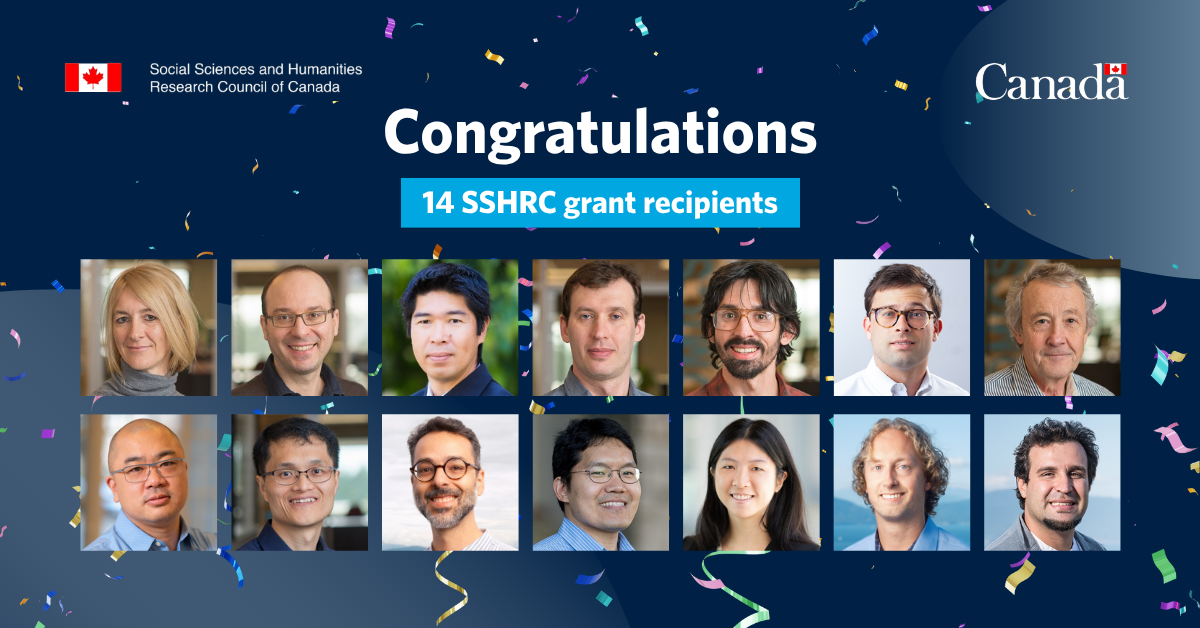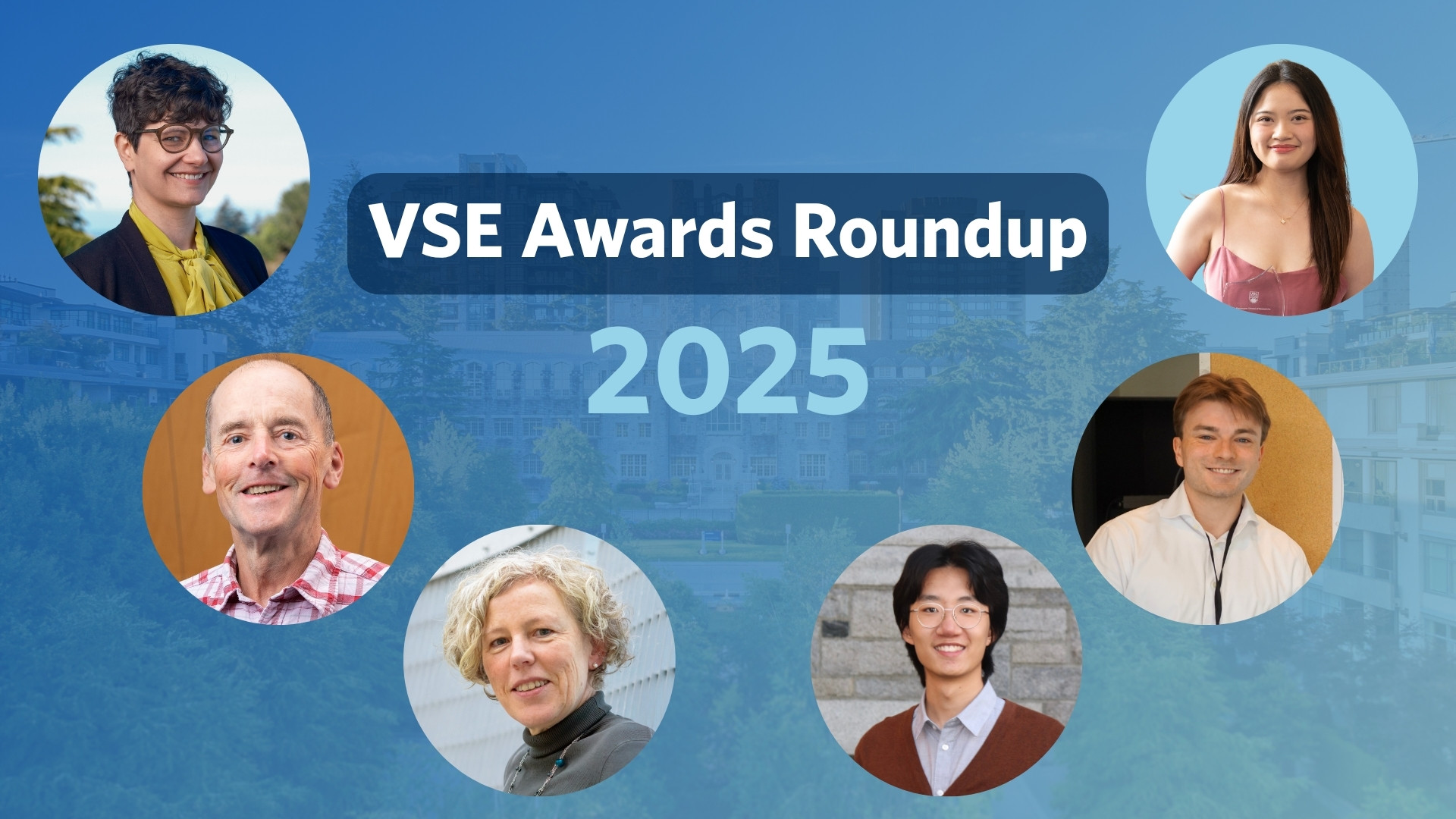Integrating factory workers divided by religion and social class in India may prove to be good for business. It’s a theory currently being tested by an ongoing research project at the Vancouver School of Economics at UBC.
“One of my initial findings is that collaboration reduced prejudice, and led to positive interactions among factory workers in West Bengal,” said Arkadev Ghosh, the project leader and PhD student.
Ghosh’s focus on India’s religious divisions and its impact on factory workers is a personal one. He’s from West Bengal, the research site, and has experienced the effects of religious discrimination firsthand.
“It is very polarized with religion and politics. Hindus and Muslims live in separate neighbourhoods and go to separate schools. The contact they have is very limited,” he said.
With funding from the Centre for Innovative Data in Economics Research (CIDER), based out of VSE, Ghosh and a team of researchers spent last summer interviewing more than 1000 workers in the factory, exploring their views on interacting within a society fragmented by religion and caste, and its impact on work productivity.
“My interactions with the workers enhanced the overall research experience significantly. They were eager and willing to participate in the survey, providing details about interactions with other workers, preferences over national policies and bills, and the nature and degree of cross-ethnic contact they have had,” he said.
Ghosh’s project was one of many CIDER-funded research projects led by PhD students. CIDER was created in 2017 and receives substantial funding from the federal government to operate. The centre helps facilitate annual research projects by graduate students and faculty members within the VSE.
“This project would have been impossible for me to do alone, and I cannot be more thankful for CIDER’s contribution to my work,” said Ghosh.
Over the next few months, Ghosh will receive weekly data from his field team. He plans on returning to India in April 2020 where he will conduct further research with the workers.



